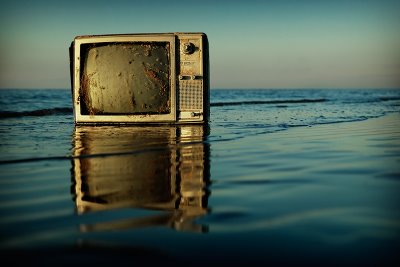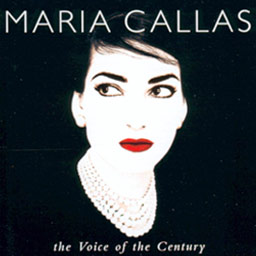
Convergence
Over the years there have been numerous attempts to converge different products but with mixed success. The combination DVD and VCR never really took off, people still decided to buy these separately. Even though you can easily get tuners for PC's most of us still look at a TV not a monitor when watching our favorite soap. TV's and computers have not successfully converged.
Divergence rather than convergence seems to dominate for a number of reasons. Selling us two products rather than one allows a company to broaden its product line and maximize revenue. From a technical point of view technologies mature and evolve at different rates, combining two technologies will mean that one will be held back by the other.
The iPhone combines a phone, a music device and web browser. This is a definite convergence strategy, will it work where other convergence strategies have failed?
Usability
The mechanical features of the Walkman dominated the design of the early MP3 players. It took the classic design of the iPod to go beyond the buttons and to develop a device that was very usable. However, there is more to the usability of the iPod than the nice touch pad. The iPod only includes features which satisfy the goal of playing music on the go, (e.g. you can't delete a song on the iPod, you do that in iTunes). This goal directed design leads to a simple, powerful interface that satisfies people expectations of the device.
Mobile phones have horrendous interfaces and predictive text is a solution to a problem created by the design of the hardware. The interactive behavior a user has with a mobile phone and a mobile music device is quite different. The interactions on a phone are more sophisticated (typing text messages is more complicated than choosing a song to play). Will the usability principles used to such great effect on the iPod extend successfully to use on the iPhone?
Time to market
People often over emphasize the need to get to market early. The reason for this is simple, greed, the sooner you can sell something, the sooner you will get a return on investment. Apple were definitely not the first to market with an a MP3 organizer or a MP3 player. If memory serves me correctly, I believe they may have been the 7th or 8th player in the market. Napster and others had got into the MP3 organizer space before them and and iRiver and mpio were in the MP3 player space before them.
So, first to market was not the dominant variable in defining ultimate success. Obviously, Apple or not first to market for a mobile that plays music but the situation is a little different from the MP3 situation. Mobiles have been around for a lot longer than MP3 players were when Apple launched the iPod in 2001. Names like Motorola and Nokia are big players in a way mpio and iRiver never were. Will time to market be more of a defining factor for the iPhone than it was for the iPod?
Crystal Ball
I hesitate to predict but let's have some fun and give it a try, we can check in 12 months time.
I think the iPhone will be successful in converging the mobile phone and mobile music experiences. I think Safari maybe an Achilles heel, so maybe people won't use it to browse the web too much.
I think the usability approach will extend well to the mobile phone worlds and this is perhaps an area of great advancement. I have looked at demos of the iPhone and it is so much easier to use than a regular mobile.
I think that Apple won't have it as easy in the mobile phone space as they did in the mobile music space. The companies who are in that space are quite sophisticated with product design, although I think they have under served the consumer.
Final verdict, before the introduction of the iPod/iTunes Apple were not in the music distribution business, today they are the 5th largest supplier of music worldwide. The iPhone is over priced and over hyped but a key benefit of the iPhone is ego gratification. I think we will see Apple move into the mobile phone space but perhaps not have the 70% market share it does in the MP3 space.
Then again it could be Steve Jobs' Apple Newton?
For more information ...
iPhone
Apple Newton

















